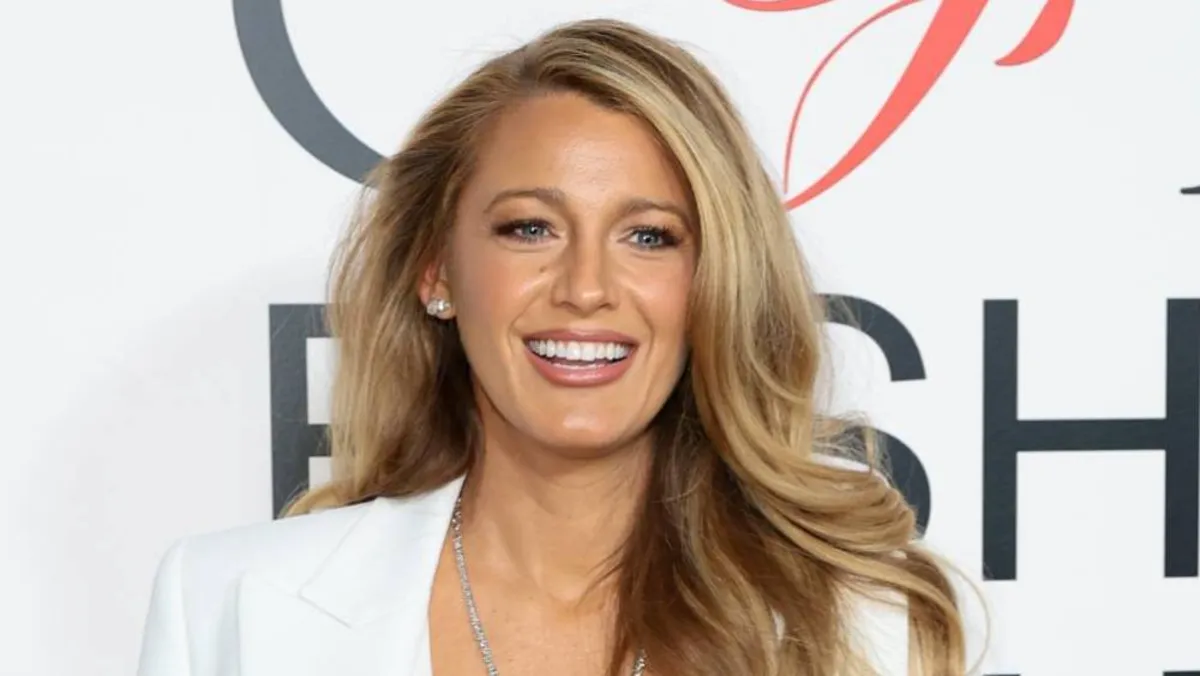
On Thursday, Blake Lively filed a motion to dismiss Justin Baldoni’s staggering $400 million defamation lawsuit, asserting that the legal action is retaliatory in nature following her sexual harassment claim. Lively's attorneys referenced a significant California law enacted in 2023, which aims to shield individuals who report sexual harassment from retaliatory defamation suits. This legislative move came in the wake of numerous defamation suits targeting women who bravely spoke out during the MeToo movement.
The motion contends that the law not only protects Lively but also entitles her to recover attorneys’ fees and damages from Baldoni once his suit is dismissed. “In other words, in an epic self-own, the Wayfarer Parties have created more liability for themselves by their malicious efforts to sue Ms. Lively ‘into oblivion,’” the motion elaborates. This statement underscores the serious implications of Baldoni's legal pursuit, emphasizing the potential consequences of retaliatory lawsuits.
In a related legal battle, Lively has initiated her own lawsuit against Baldoni, his publicists, and the producers of the film “It Ends With Us.” She claims they orchestrated a smear campaign against her after she raised her voice concerning sexual harassment on set. Baldoni, who not only directed but also co-stars with Lively in the film, countered with his own suit against Lively and her husband, Ryan Reynolds. He alleges that they aimed to tarnish his career through false accusations.
On Tuesday, Reynolds also filed a motion to dismiss Baldoni’s claims, characterizing them as stemming from “hurt feelings.” He defended his right to label Baldoni a sexual predator, suggesting that his statements were well within the bounds of free speech. This adds another layer of complexity to the ongoing legal saga surrounding these high-profile figures.
Lively's attorneys, Mike Gottlieb and Esra Hudson, expressed their belief that Baldoni's defamation suit constitutes an “abuse of the legal process.” A spokesperson for Lively emphasized the broader implications of this case, stating, “The painful reality is that Ms. Lively is not alone in being sued for defamation after speaking up about being sexually harassed at work.” They stress the importance of awareness regarding legal protections available to those who speak out against harassment.
In his complaint, Baldoni claims that Lively threatened to make false allegations to gain control over the film project. He also accuses her and her team of collaborating with the New York Times to publicize her accusations, making the newspaper a co-defendant in the suit. Lively’s motion to dismiss argues that any communications related to sexual harassment claims are legally protected, thereby shielding her from Baldoni’s accusations.
Additionally, Baldoni has alleged that Lively and Reynolds pressured his agent at WME to sever ties with him as a client. However, Lively's legal team counters that Baldoni has failed to present sufficient facts to substantiate his claims, lacking evidence of lost work or damages resulting from his professional relationship with WME.
This unfolding legal drama highlights the complex interplay between accusations of sexual harassment, defamation, and the protective measures afforded to those who come forward. As this case progresses, it will undoubtedly shed light on the challenges faced by individuals in the entertainment industry who dare to speak out against misconduct.